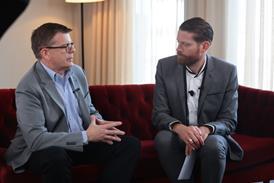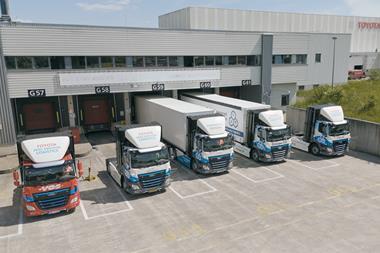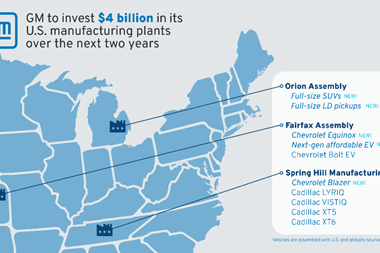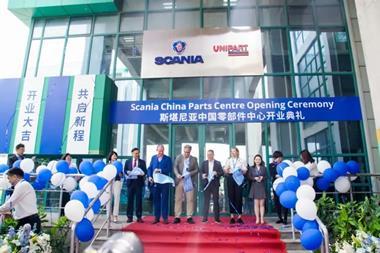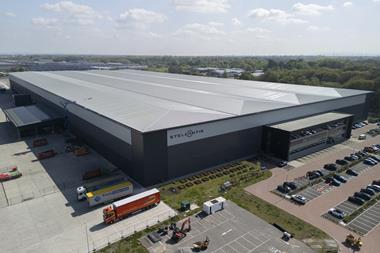
Delegates at the Automotive Logistics Europe conference held last week in Montreux talked about the need for leadership, sober prognosis and a greater transparency in the relationship between OEMs and logistic service providers. Only then can the industry move on from the current crisis and deal with the challenges ahead:
“There is a duty being missed by national and central governments to provide not only the policy but the execution. It’s fine to do more studies, they’re necessary but what we actually need is action. We need someone who is going to do something.” Stephen Harley, Director, MP&L, Ford of Europe
“We need leadership. The industry is in a kind of deadly embrace and manufacturers know that they need to supply this leadership but they can’t provide it without partnership. OEMS, LSPs and other service providers could get together a few people to decide which would be the priorities for standardisation.” Steve Jones, Managing Director, Vehnet
“It is surprising that our system of prognosis [for vehicle forecasting] is not well established. In a company like ours, if you ask different departments you may get different figures. Now we have set up a special department to give us a more sober prognosis and try and catch up with reality. Dominique Monteux, Logistics Project Purchasing Manager, Renault Nissan Purchasing Organisation
“Short-term price reduction is understandable but there are intangible benefits to looking at total end-to-end costs.” Bruno Sidler, President, Northern Europe, Ceva Logistics
“How can you persuade a shipper to use rail for lower volumes now when you couldn’t convince him to use it when the volume was high?” Michael Druml, Director, Global Supply Chain Management, Magna Steyr
“It was February/March 2008 when a sudden cut in sales was experienced [in the commercial vehicle sector] but it wasn’t properly communicated. In fact it was hidden. …the manufacturers continued to predict a high volume…[but] truck sales dropped from 38,000 per month to 600, down 98.5%. Still the industry didn’t communicate this. As a service provider we should at least have an earlier warning.” Franz Blum, CEO, Vega International Car Transport and Logistic
Just-in-time seems to have become counter-intuitive. To build cars, to put into stock – many industries keep their stock in components to assemble when they get the order because you’ve got less value tied up in it. Will we ever reach the situation where we build-to-order rather than build-to-compound? Chris Senior, Global Key Account Director, Ceva Logistics
“It was pretty obvious we were moving into some difficulty…but having worked extensively through the last recession and taken a company that was losing money and trebled its sales to bring it back into profit, I do feel strongly that these circumstances bring opportunity.” John Merry, Quantum Automotive
We are not building ships for 10 years, we’re building for 20-25 years and when the demand-supply situation was completely out of whack we actually started to build for 30 years and did vessel life extensions. It made sense at that time but today [it looks like] a completely stupid decision. But of course we can learn from that.” Bjørn Svenningson, Director Marketing and Sales, UECC






